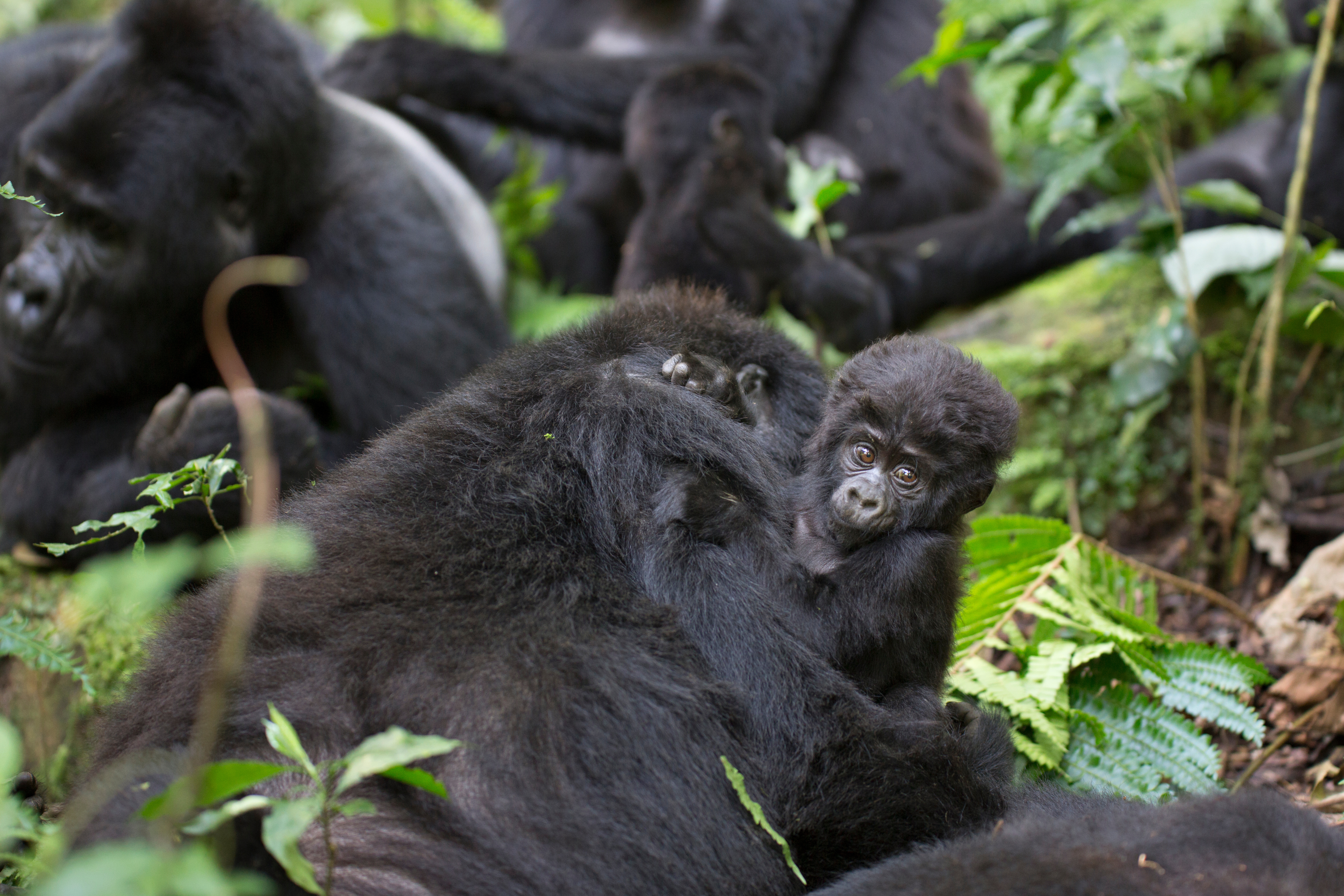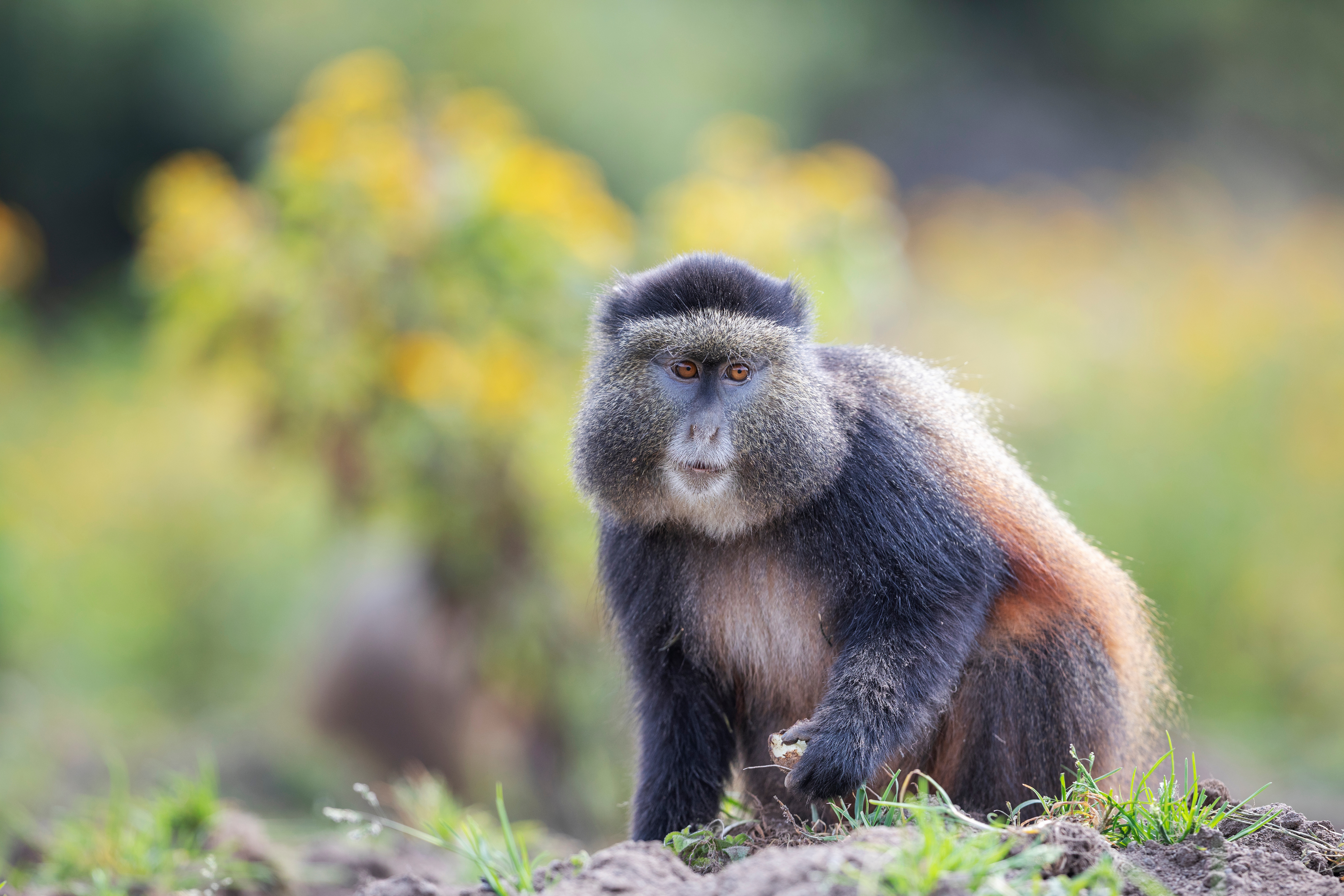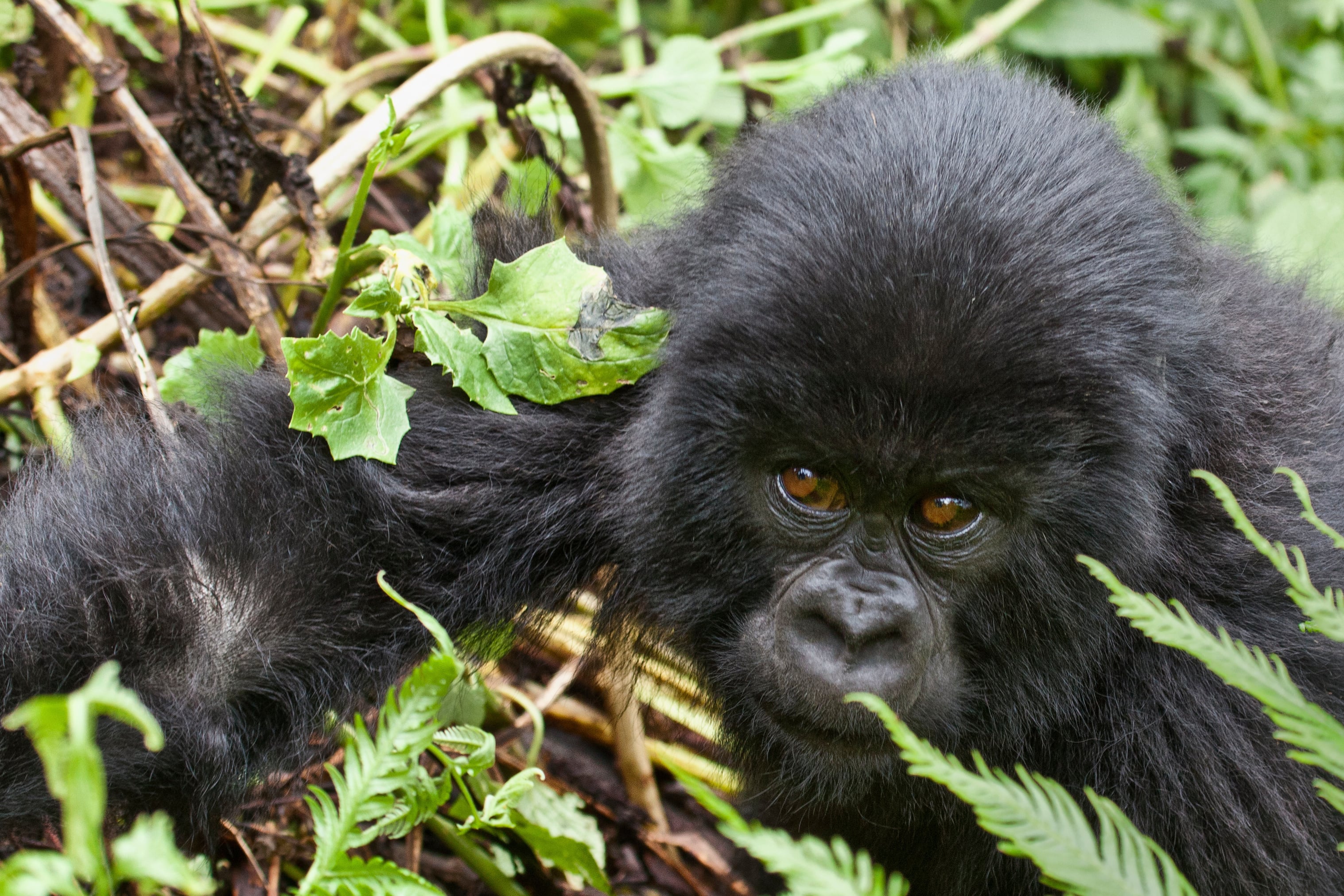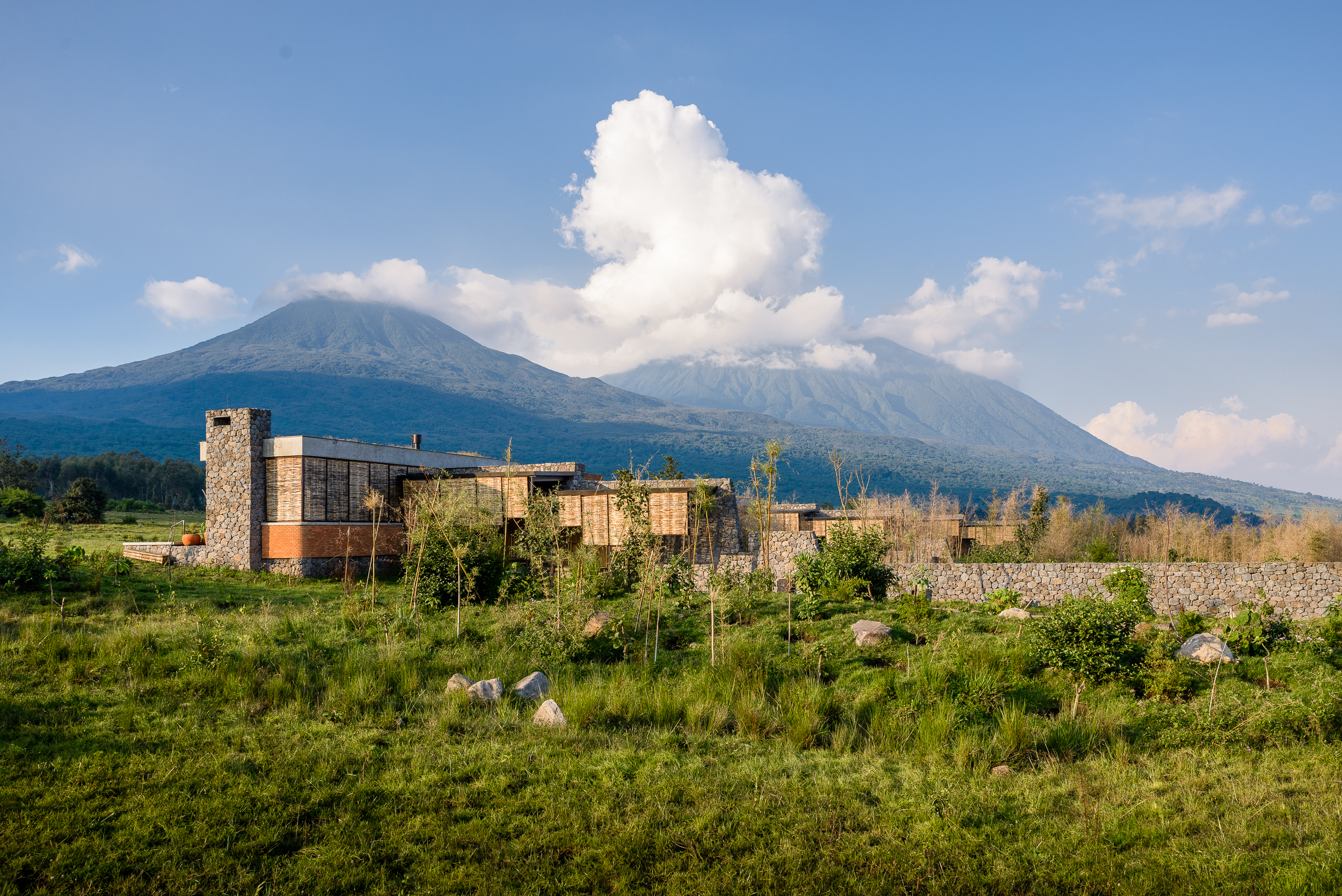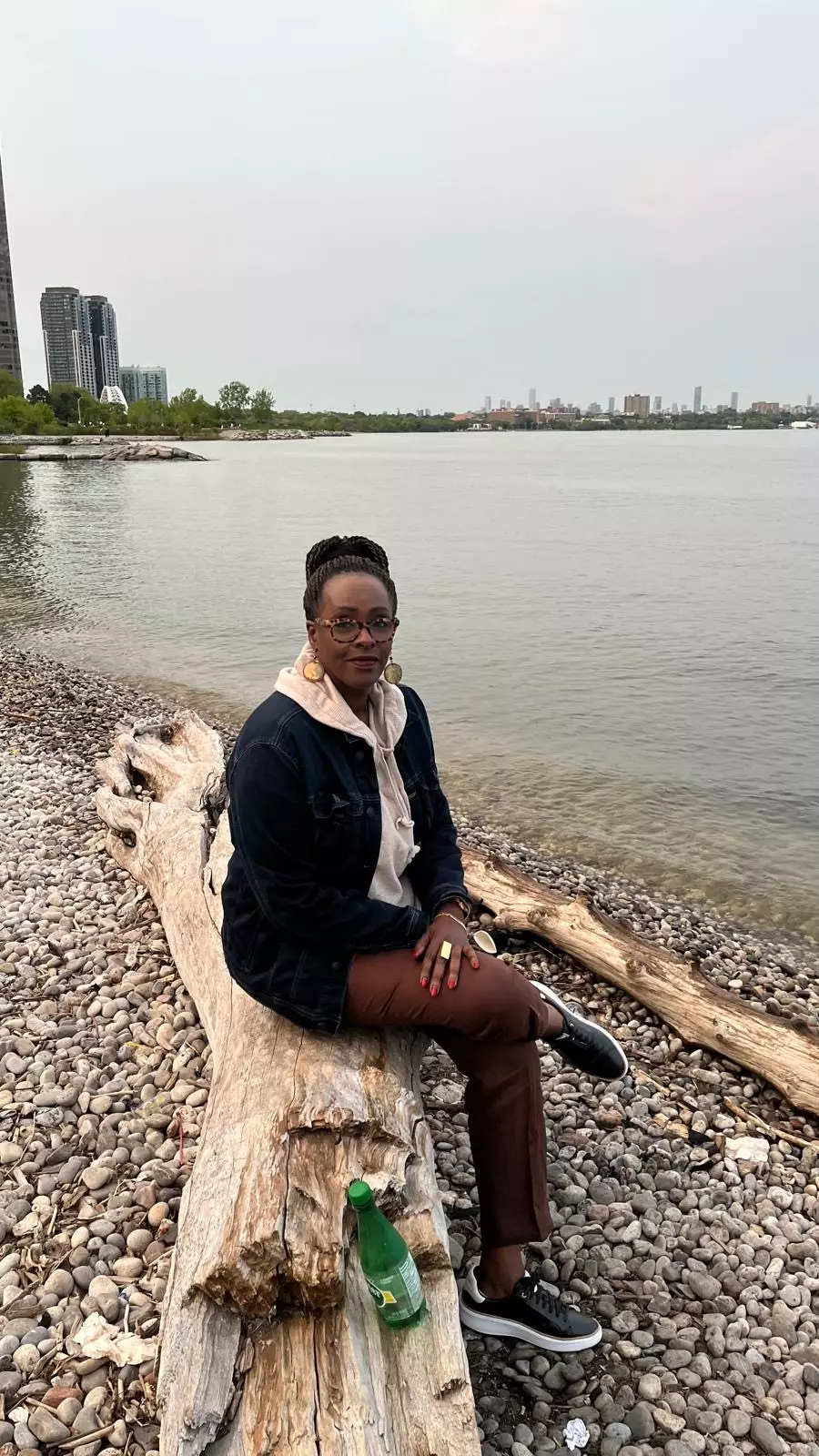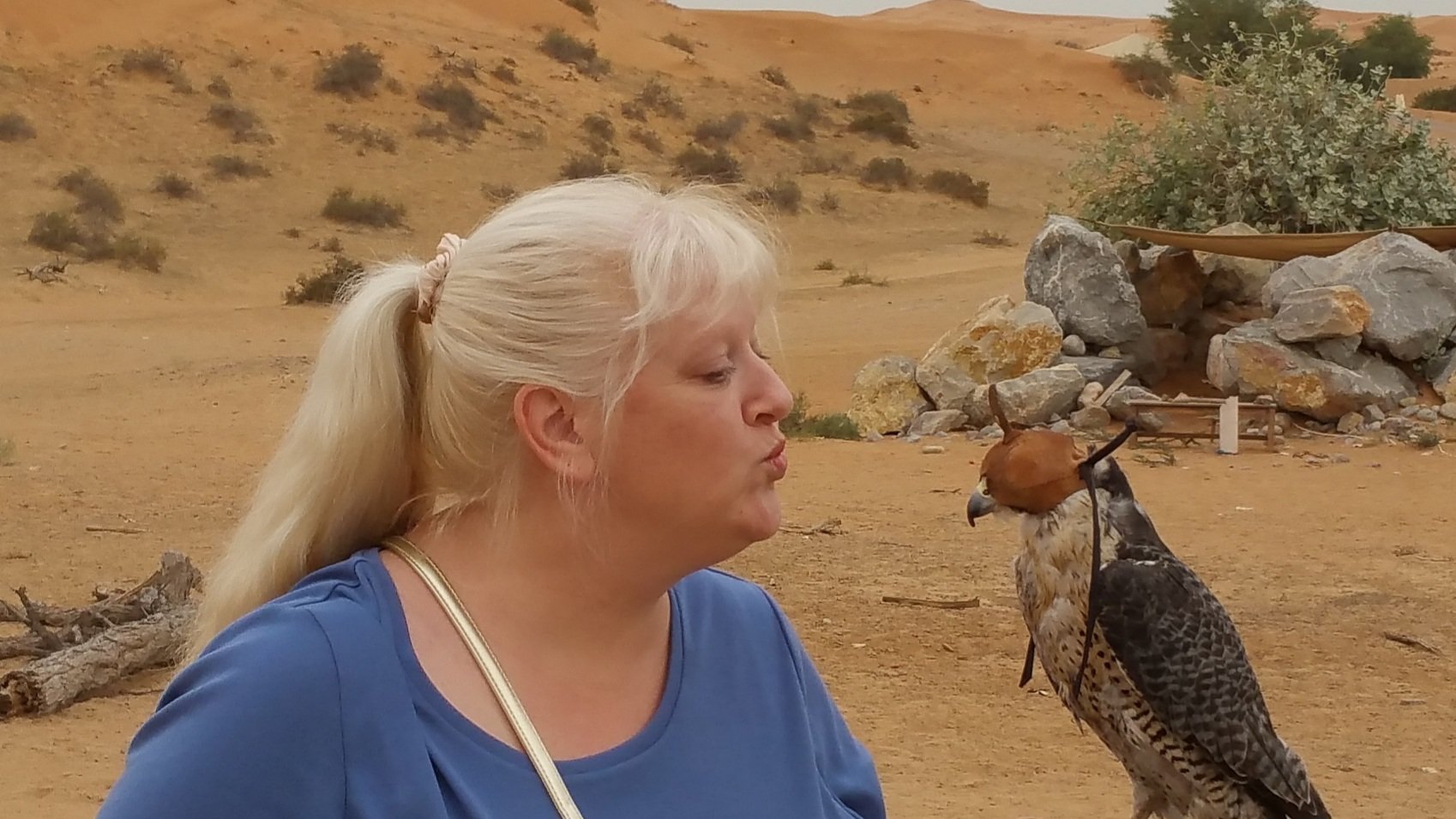US and Canadian passport-holders need a visa. Easiest is visa on arrival for 30 days (US$50 single entry or US$70 multiple—bring cash as cards may not work at land borders). Your passport must be valid 6 months beyond entry. Rwanda also participates in the East African Tourist Visa (one visa for Rwanda, Kenya, and Uganda for 90 days, multiple entry). If you plan gorilla trekking, you must buy a separate permit in advance (US$1,500 per person per trek). Always re-check fees and rules before you go.
Discover Tailor-Made Rwanda Vacations
A journey through Rwanda’s rainforests, gorilla encounters, and vibrant cultural traditions.
Rwanda offers mist-shrouded volcanoes, rich rainforests, and unforgettable wildlife encounters. Travellers come for the chance to trek with mountain gorillas, explore Kigali’s culture, and enjoy safaris across savannahs and lakeshores. It’s a land of resilience, beauty, and unique experiences.
Featured Highlights
- Trek through misty rainforests to encounter wild mountain gorillas
- Discover Kigali’s thriving arts, markets, and cultural scene
- Spot elephants, lions, and hippos in Akagera National Park
- Walk among chimpanzees and monkeys in Nyungwe Forest
- Take in stunning landscapes across Rwanda’s thousand hills
- Learn powerful stories at the Kigali Genocide Memorial
Featured Rwanda Trip Ideas
An unforgettable safari adventure in the heart of Africa.Rwanda, the “land of a thousand hills,” combines lush landscapes with one-of-a-kind wildlife experiences. Volcanoes National Park is world-renowned for gorilla trekking, where travellers can witness these gentle giants in their natural habitat. Akagera National Park offers classic safari drives with elephants, lions, and hippos along scenic lakes, while Nyungwe Forest immerses you in a realm of chimpanzees, monkeys, and exotic birdlife. Beyond the wilderness, Rwanda’s capital Kigali is a hub of modern African culture, known for its markets, coffee, and poignant history at the Genocide Memorial. A journey through Rwanda is both humbling and inspiring, blending natural wonder with cultural depth.
Mountain Gorilla Encounter: Volcanoes National Park
Kigali and Parc National des VolcansRwanda: Mountains, Gorillas & Wilderness
Parc National des Volcans and KigaliA Journey to Nyungwe: Chimps, Canopies & Tea
Gorillas in the Mist of the Virunga Peaks
Don't see the
perfect trip idea?
Request a custom quote.
Turn your travel dreams into reality with Goway. Our customized vacations take travellers to all corners of the world.
What do Goway's travellers say?
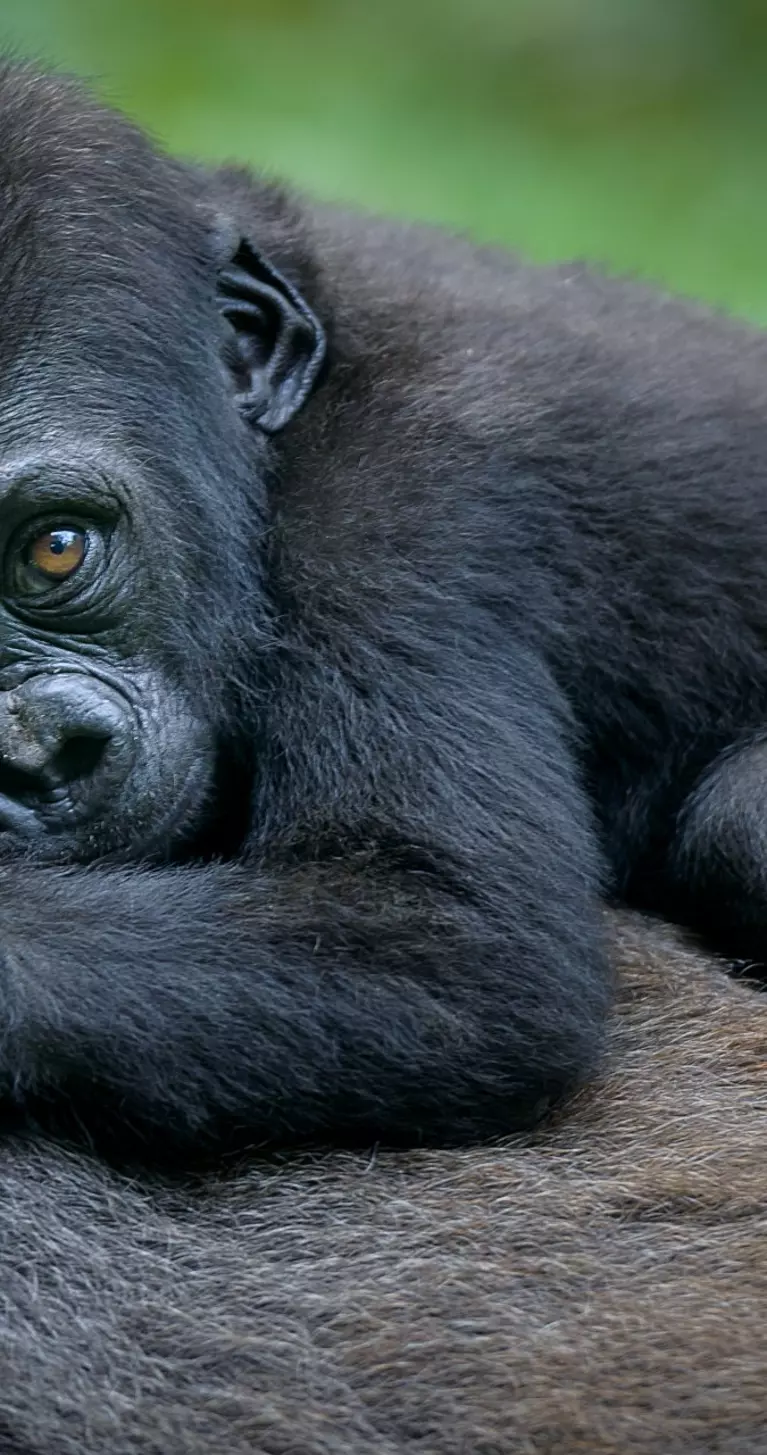
Get to know Rwanda before you go.
Best Time to Visit
Rwanda’s beauty is not bound to a single season; each part of the year reveals a different side of this remarkable country. Whether you are drawn to its wildlife, its landscapes, or the gentle rhythm of its climate, there is always something to experience.
The long dry season from June to September is often the most popular time to visit Rwanda. Clear skies and cooler mountain air create excellent conditions for gorilla trekking in Volcanoes National Park, while Akagera’s open savannahs make wildlife encounters easier to enjoy. These months are also comfortable for exploring the country’s high-altitude regions, where the air feels crisp and refreshing.
Rain arrives in two distinct seasons: March to May and October to December. Travellers willing to embrace the showers are rewarded with vivid green landscapes and flourishing birdlife, especially migratory species. This is also a fascinating time in Akagera National Park, where many animals give birth, offering glimpses of new life against a lush backdrop.
Between December and February, Rwanda enters a transitional phase. The rains ease, the sun becomes more consistent, and conditions remain good for both gorilla trekking and safari experiences. No matter the season, demand for gorilla trekking permits remains high, so early booking is essential.
With varied altitudes shaping the climate, packing layers is always wise. In Rwanda, each season invites a new way of seeing the land—whether through misty forests, sunlit savannahs, or rain-fed hills alive with colour.
What do the experts say?
Globetrotters should try to experience The Gorilla Naming Ceremony : Culturally, the naming of an infant is a big affair, and Rwanda has adopted the same cultural event with the New-born Mountain Gorillas, as way to highlight the need to protect these gentle giants that were on the verge of being hunted to extinction.
Rwanda is always a surprise; especially for a 1st time visitor to Africa. The beautiful landscape (hills, mountains and rivers), is accentuated by the clean and organised infrastructure. Being a small country with shorter drives between parks, Rwanda offers superb photography experiences.
I love Rwanda’s stunning natural beauty, peaceful atmosphere, vibrant culture, and the unforgettable experience of meeting mountain gorillas in their lush habitat.
Places To Go
Handcrafted journeys to our most popular places to visit in Rwanda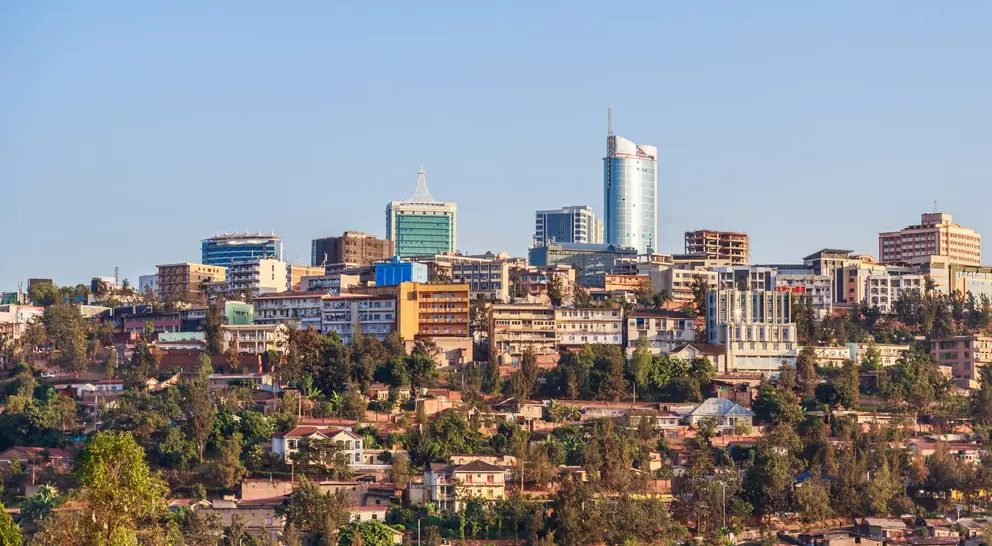
Kigali
Few people travel to Rwanda without passing through Kigali, the country’s largest and capital city....
Few people travel to Rwanda without passing through Kigali, the country’s largest and capital city. Located in the geographic centre of Rwanda, Kigali has been the economic and cultural hub since it...
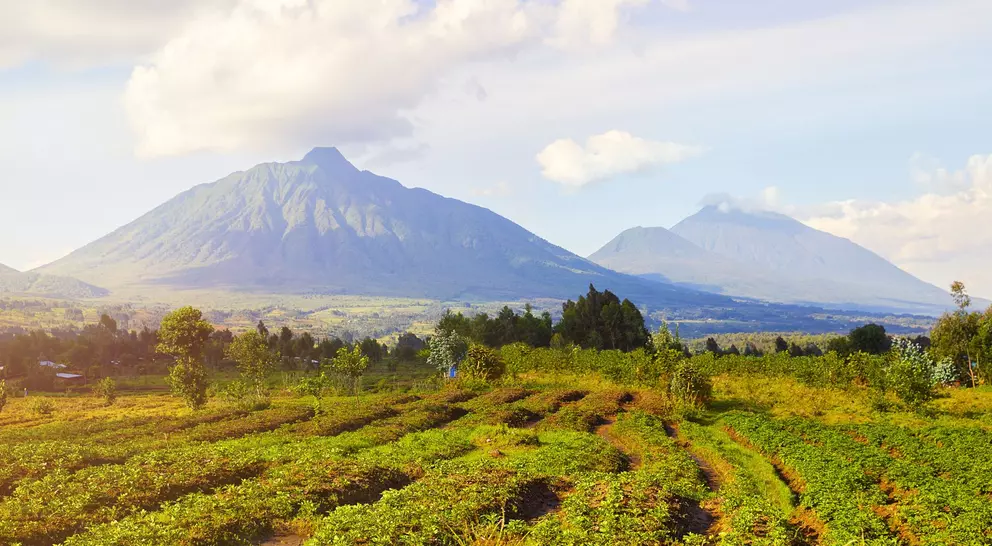
Parc National des Volcans
On a Rwanda safari, Parc National des Volcans, the first national park in Africa, is located in...
On a Rwanda safari, Parc National des Volcans, the first national park in Africa, is located in northwestern Rwanda bordering Virunga National Park in the Democratic Republic of Congo and Mgahinga...
Travel Styles
Explore Rwanda by Travel Type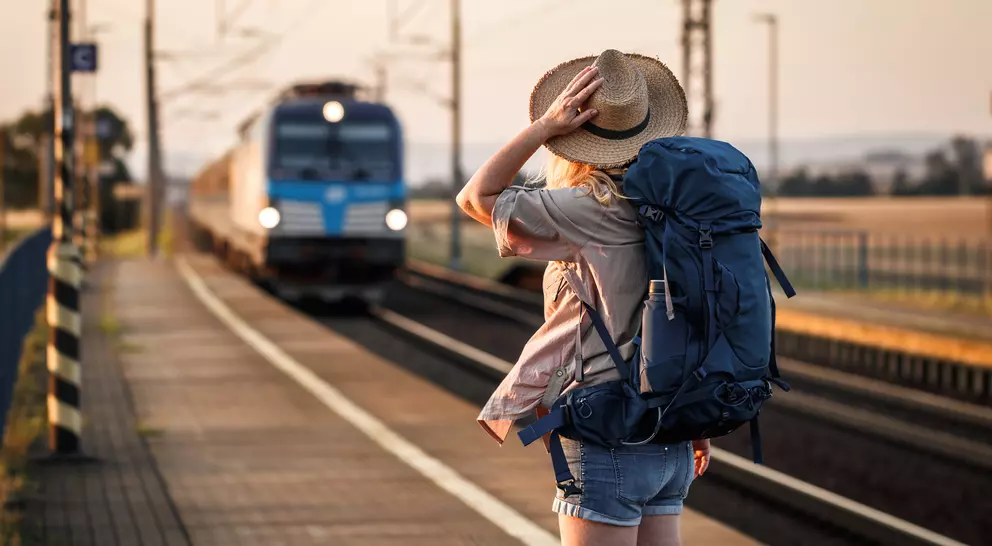
Ways to Travel
Discover your perfect travel style—crafted for every dream and journey.
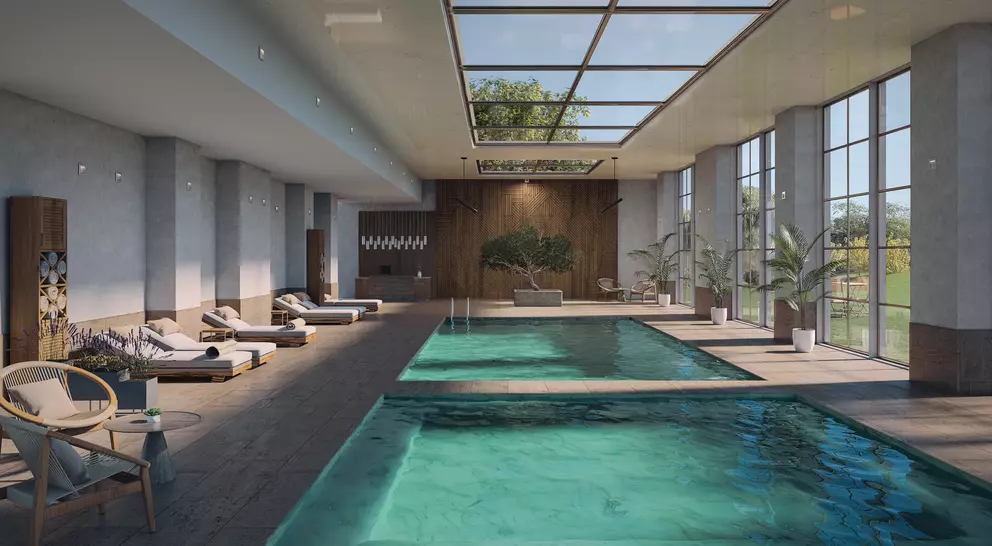
Collections
Curated journeys that capture the spirit, beauty, and essence of travel.

Ways to Travel
Discover your perfect travel style—crafted for every dream and journey.

Collections
Curated journeys that capture the spirit, beauty, and essence of travel.
Frequently Asked Questions
Do I need a visa or special permits to enter Rwanda?
What language is spoken locally? How widely is English understood in Rwanda?
Kinyarwanda is spoken almost everywhere—it’s the national language. English, French, and Swahili are also official; English is widely used in Kigali, tourism, and business. You’ll get by with English in hotels, parks, and with guides, but learning a few Kinyarwanda greetings (muraho = hello, murakoze = thank you) wins smiles.
What are the must-see attractions in Rwanda?
Think rainforest mist and volcano silhouettes. Most travellers come to track mountain gorillas in Volcanoes National Park (book permits early). Add Nyungwe National Park for chimp treks and the canopy walkway, Akagera for classic safari (lions, elephants, boat rides), serene Lake Kivu for slow days by the water, and Kigali for its excellent Genocide Memorial and contemporary art. Goway features gorilla encounters, Volcanoes stays (e.g., Bisate, Singita Kwitonda), and tailor-made Rwanda safaris that knit these highlights together.
Is Rwanda safe? What should I keep in mind while travelling there?
Visitors generally find Rwanda orderly and welcoming, but heed border advisories. The US currently advises increased caution nationwide and “do not travel” within 10 km of the DRC border in Rubavu and Rusizi due to nearby conflict. Canada also notes the Rwanda–Burundi border has remained closed since January 11, 2024. In cities, use normal big-city smarts (watch for petty theft, avoid walking after dark). Laws on genocide denial and “divisionism” are strictly enforced; be thoughtful at memorials and in conversations. Avoid photographing government or military sites.
What’s the best way to travel within Rwanda?
Road trips are the norm: the main roads are paved and scenic, winding through tea hills and villages. Most travellers hire a car with a driver/guide (easiest for park permits and timing); taxis and licensed tour vehicles are common in Kigali. Public transport is mainly shared minibuses; in Kigali, city buses use Tap&Go smart cards. There are no trains; helicopters can link parks on tighter schedules. In rainy months, smaller roads can be muddy—plan extra time.
What Rwanda cultural customs should I be aware of?
Rwandans value politeness and modesty. Greet people before asking questions, use right-hand (or both hands) when giving/receiving items, and dress conservatively in towns and at religious sites. Plastic bags are banned—bring reusable totes. On the last Saturday morning of most months, “umuganda” community clean-ups happen; some services pause briefly. Always ask before photographing people, and keep voices low at genocide memorials.
What should I wear/pack for Rwanda’s climate?
Despite its equatorial latitude, Rwanda’s elevation keeps days pleasantly warm and nights cool—think layers. Expect two dry seasons (June–Sept; Dec–Feb) with best hiking conditions, and rainy spells (Mar–May; Oct–Nov) when trails get slick. For gorilla or chimp treks: waterproof jacket, breathable long sleeves and pants, sturdy hiking boots, gaiters, gardening gloves for vines, a small daypack, and insect repellent. Pack a light fleece for evenings, sun protection year-round, and a swimsuit for Lake Kivu. If entering from a yellow-fever country, carry proof of vaccination; speak to a travel clinic about malaria prevention.
Unlock more by subscribing to our newsletter
With our newsletter, you’ll get access to regular communications that inspire you and help you explore the world your way
